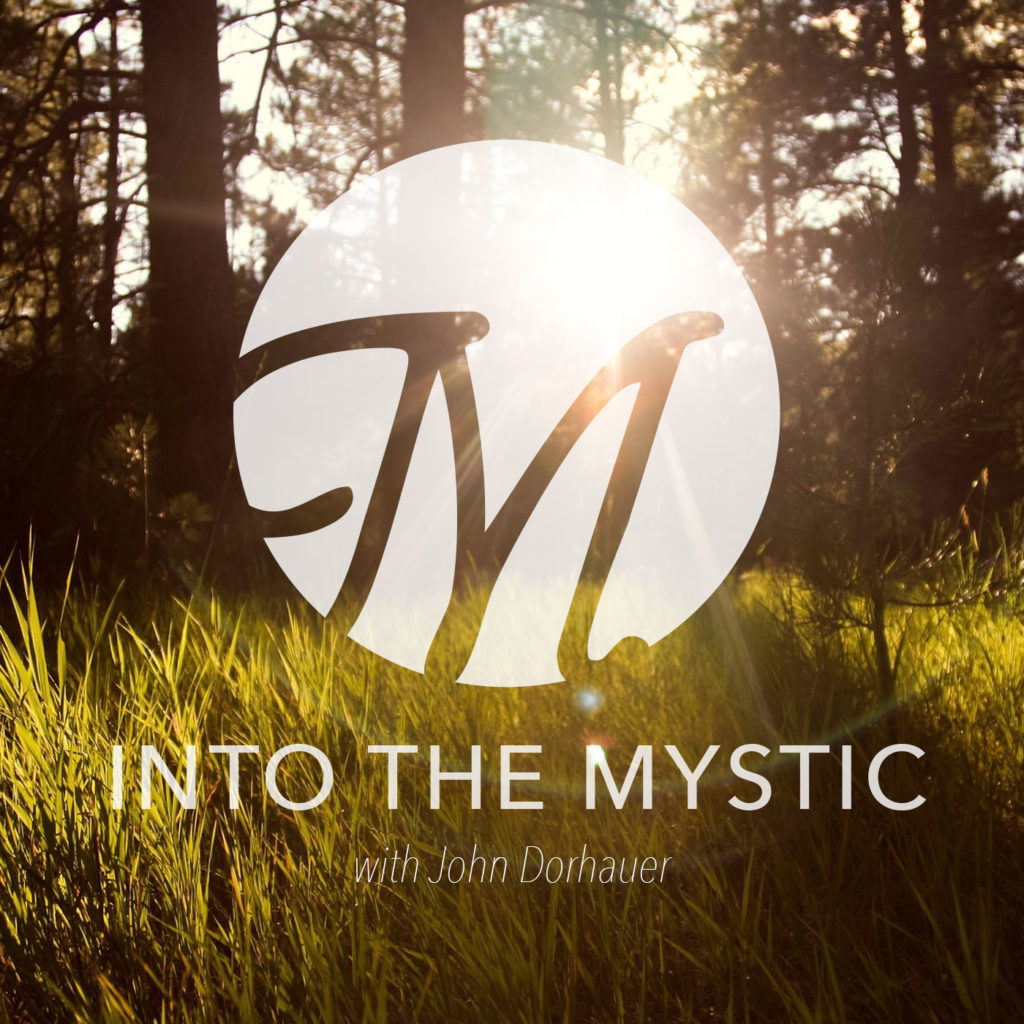Waiting for Jesus
As we continue our journey through Advent, and consider some of the lyrics in the beautiful Hymns written for this Liturgical season, let us consider the opening line of one written by none other than Charles Wesley: come, thou long expected Jesus.
Like the Hymn we spoke of last week, this one also begins with a verbal command – the same one, in fact: Come.
Last week, the prayerful supplication to come was directed at Emmanuel, God with us.
This week, it is directed at Jesus – the long expected one. Come, he is asked.
Twice in a row, either the first or the second word of the Advent Hymn is the same request in a single word: Come. Is that a mere coincidence?
Well, you know it isn’t.
Remember, Advent derives from a Latin phrase whose literal translation means ‘until the coming.’ Advent places us in a posture of waiting – living somewhere between what has been and what must be, the glorious liminal space that leaves us curious, expectant, hopeful, and yes, at times, desperate. We feel the deep longing of a people who know something is wrong, something is missing – or, more accurately, someone is missing. “Come, thou long expected…, Jesus.”
Part of our belief is that Jesus, who came to show us light and love, will some day return and establish God’s vision of Shalom. There will be peace and there will be harmony and there will be dignity and respect between peoples and nations.
Every Advent reminds us that God’s Shalom is absent. We long for the coming of the one we call the Prince of Peace, knowing or suspecting or feeling that until such time as that we will continue to prove ourselves unwilling or incapable of establishing such peace on our own.
A quick perusal of the morning news on any given day of the week will bear this out: stories of war and greed and famine and crisis and tension and poverty and hunger and slavery and exploitation and violence persist in spite of our efforts to curb the most base of human emotions that lie at the root of all of this. The haunting reminder of Mary’s revolutionary prayer upon hearing of her pregnancy serves as our mission dei: tear down the mighty from their thrones and send the rich empty away.
Day after agonizing day the litanies of human toil and greed and sin and degradation, and the cost and consequence of their perpetuation, cross the landscapes of our collective vision and remind us that we are in need of some saving grace, some lasting peace, some eternal light.
The liturgical ritual of gathering in Advent and singing of peace and joy and love and hope serves to inspire us, to call out something greater from us, and to remind us that our efforts will always fall short without the presence of one who comes that we might have life, and have it to the full.
And so our voices are lifted in song as we express with urgency and expectation:
Come.
Come thou long expected Jesus:
Born to set thy people free
Born thy people to deliver
Born to reign in us forever.
Come.
This Advent season, may the hoped for promise of Christ’s return instill within you a firm belief that God’s peace will come. May you know such peace even in this liminal space between what has been and what will be as you walk gently Into the Mystic.
